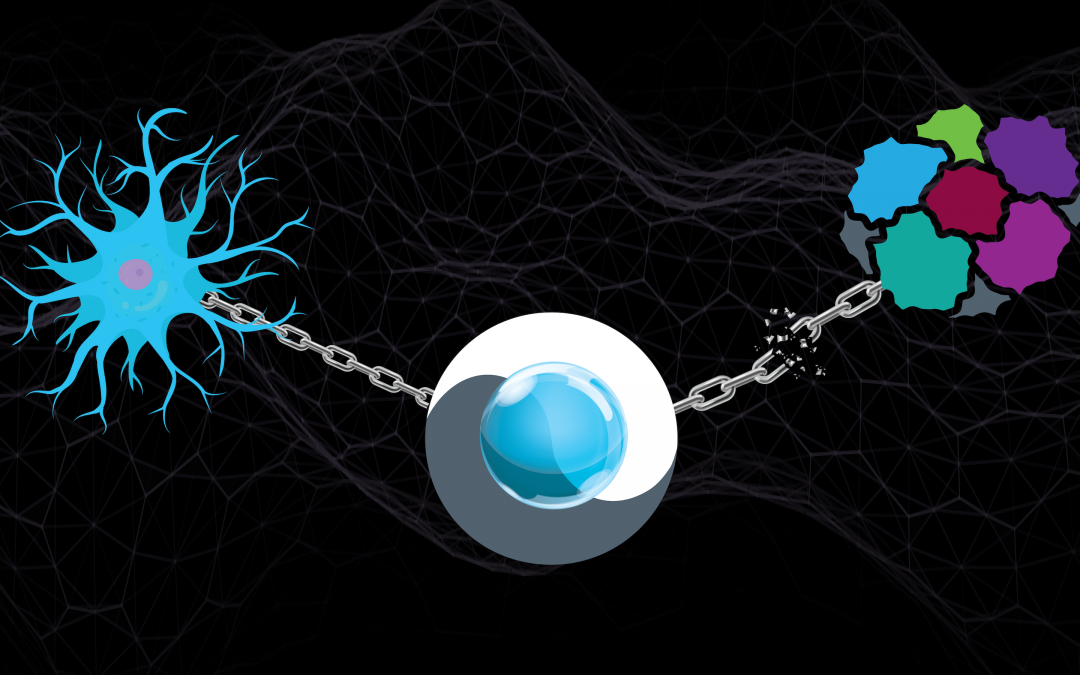“A single form of treatment is often not sufficient to defeat a given form of cancer,” says Abhinav Acharya, an assistant professor of chemical engineering at Arizona State University. “We need a combinatorial approach, meaning the use of two or more therapies together.”
For example, the tandem application of chemotherapy with immunotherapy or vaccine use could be much more effective than either measure alone. But the problem, Acharya says, is that each of these therapies is so taxing on the human immune system that they can’t be deployed simultaneously with a patient.
Solving this problem is the focus of a new project that Acharya is leading with the support of a grant from the National Institutes of Health. He is developing the first biomaterials-based technologies to modulate the functions of immune system cells in a way that can enable safe and effective combinations of clinical treatments to battle melanoma, ovarian cancer and potentially many other ailments.
